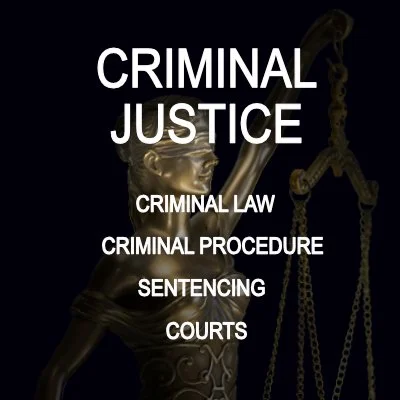By MacArthur Foundation
The fair and just treatment of racial and ethnic minorities at all stages of the criminal justice system is of significant importance to communities of color, practitioners, and scholars alike. Central to this discourse is a recognition of the discretionary power that prosecutors wield in shaping the outcomes of criminal cases. This includes, among other things, the decision to file or drop a case, amend the severity and number of charges, and dispose of criminal cases through plea bargaining. This report focuses on the outcomes of prosecutorial decision making in Milwaukee County, Wisconsin. Specifically, it assesses the extent to which racial and ethnic disparities exist across the following five decision points in criminal case processing: (1) Case charging; (2) Charge changes from arrest to charging; (3) Disposition type; (4) Charge changes from charging to disposition; and (5) Sentencing. We encourage the reader to interpret the results while recognizing that criminal case processing can trigger disparate outcomes for racial and ethnic minorities for a number of different reasons. Some of these reasons, such as defense attorney role and judicial discretion, are beyond the immediate control of prosecutors. At the same time, our partners are keenly aware that prosecutors can and should play a vital role in uncovering and addressing racial and ethnic disparities in the criminal justice system, and this report stems from that recognition. The intent of this report is to prompt discussion and raise questions, rather than provide definitive answers. We also want to stress that the findings presented throughout this report cannot be used to support or refute possible racial and ethnic biases. Our methodology simply does not permit that. Rather than serving as an end point, we view this report as a starting point from which to engage in meaningful discussions concerning policies and procedures that can ameliorate racial and ethnic disparities in case outcomes. Furthermore, given that prosecutorial decision making does not operate in a vacuum, certain findings direct attention to ways district attorney’s offices, the defense bar, law enforcement agencies, and the judiciary can galvanize future reform efforts. Even more importantly, continued efforts to engage with minority communities will be critical for increasing public trust in and cooperation with the criminal justice system. This report is part of a series of publications resulting from this partnership. The first report, Prosecutorial Attitudes, Perspectives, and Priorities: Insights from the Inside, was released in December, 2018. The second report, Race, Ethnicity and Prosecution in Hillsborough County, Florida, was released in July, 2019. The final report in the series, focused on prosecutorial performance indicators, will be released near the end of 2019.
2019. 62p.



